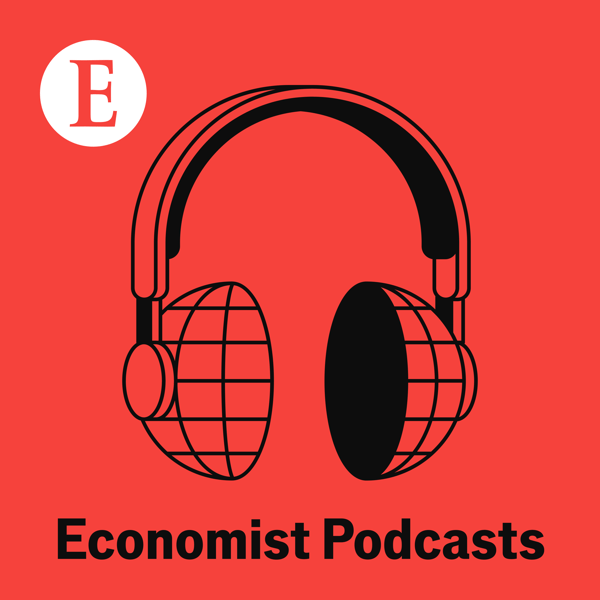Babbage: The Nobel winners explained
Economist Podcasts
The Economist
4.4 • 4.9K Ratings
🗓️ 3 October 2018
⏱️ 16 minutes
🧾️ Download transcript
Summary
Hosted on Acast. See acast.com/privacy for more information.
Transcript
Click on a timestamp to play from that location
| 0:00.0 | Hello and welcome to Babbage on Economist Radio. I'm Kenneth Cuckier, a senior |
| 0:05.8 | editor at the Economist, and coming up on today's show, we'll be responding to |
| 0:10.4 | this year's Nobel Prize winners. The Royal Swedish Academy of Sciences has today |
| 0:15.3 | decided to award 2018 Nobel Prize in Chemistry, Physiology or Medicine, Physics. |
| 0:21.9 | How could we make our technology more ethical? What if we didn't design |
| 0:26.2 | technology to maximize the story of social realities we put in front of people? |
| 0:29.4 | And why Dragonfish is the new black? It is essentially just as good at absorbing |
| 0:35.8 | light as the darkest material that we've ever managed to create. |
| 0:41.0 | But first, it's Nobel season. On Monday morning, to Suh Guhanzhou and James |
| 0:47.6 | Allison learn that they were this year's winners in the category of Physiology |
| 0:52.0 | or Medicine. They were recognized for their pioneering cancer therapies. The |
| 0:56.8 | Natasha Loders, our healthcare correspondent, she explains. Cancer |
| 1:00.5 | and Unotherapy is really an idea that scientists have been trying to pursue for |
| 1:07.8 | decades, which is to harness the power of the body's own immune system to fight |
| 1:12.4 | off and defeat cancers. So James Allison and Tzucco Hanzhou were initially |
| 1:18.2 | working on separate sides of the planet and not together. But both of them were |
| 1:24.4 | working on these protein molecules that stick out on the outside surface of |
| 1:31.8 | white blood cells called T-cells. And both of them independently speculated that |
| 1:36.9 | if you were to somehow block these molecules, which are now known as |
| 1:42.1 | checkpoint inhibitors, if you were to block them, you would release the T-cell |
| 1:46.8 | and allow it to attack cancer. The scale of the contribution made by both |
| 1:52.6 | these scientists is enormous. They've laid the foundations for immunotherapy, |
... |
Please login to see the full transcript.
Disclaimer: The podcast and artwork embedded on this page are from The Economist, and are the property of its owner and not affiliated with or endorsed by Tapesearch.
Generated transcripts are the property of The Economist and are distributed freely under the Fair Use doctrine. Transcripts generated by Tapesearch are not guaranteed to be accurate.
Copyright © Tapesearch 2025.

